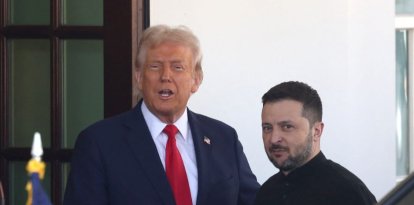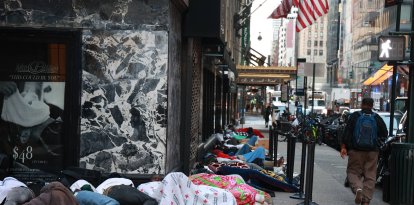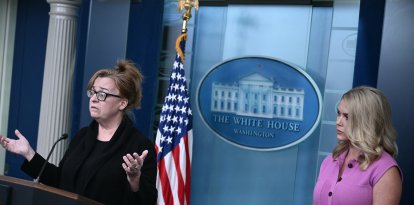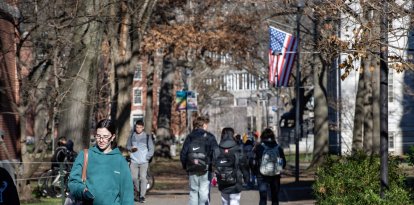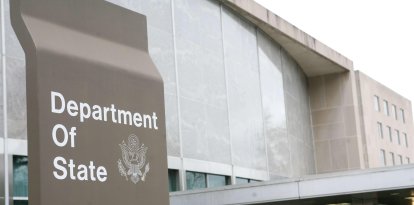Mexico extradites nearly 30 cartel leaders to US in historic anti-drug trafficking effort
The move comes amidst a backdrop of diplomatic tensions between the two nations.
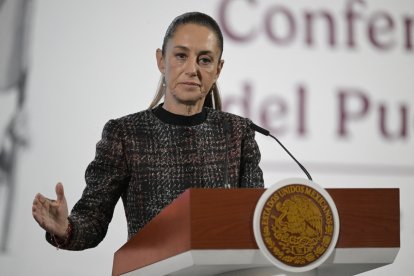
Mexican President Claudia Sheinbaum.
The Mexican government on Thursday began sending to the United States 29 major cartel operators wanted by U.S. authorities, including a notorious drug lord, Rafael Caro Quintero, whom U.S. officials had been trying to bring to justice for 40 years. This was reported in an official statement from the Mexican government, marking a milestone in bilateral collaboration against drug trafficking.
The simultaneous surrender of these key drug cartel figures represents one of the most significant efforts by the Mexican government in the modern history of the drug war to move traffickers across the border, where they will face charges in U.S. federal courts.
This move comes against a backdrop of diplomatic tensions between the two nations and coincides with the arrival of a high-level Mexican delegation to Washington to negotiate a security agreement with senior U.S. officials.
The Mexican Ministry of Foreign Affairs issued a statement stressing that "this action is part of the work of coordination, cooperation and bilateral reciprocity within the framework of respect for the sovereignty of both nations." Although the U.S. government has not yet offered immediate public comment, the magnitude of the extradition is a historic step.
Among those transferred is Rafael Caro Quintero, a founding member of the now-defunct Guadalajara Cartel who was convicted in Mexico of orchestrating the kidnapping and murder of DEA agent Enrique "Kiki" Camarena in 1985.
Caro Quintero, 72, had been released in 2013 on a judicial technicality after serving 28 years of a 40-year sentence, but returned to drug trafficking until his recapture in 2022 in San Simon, Sinaloa. He is currently facing drug trafficking charges in Brooklyn Federal District Court, where he could appear before a judge as soon as Friday, February 28.
Another notable extraditee is Miguel Angel Treviño Morales, alias "Z-40", ex-leader of the violent Los Zetas Cartel, captured in 2013 by Mexican forces. Treviño is known for his brutality and for having used extreme violence as a strategic tool within organized crime. He faces multiple drug-related charges in federal courts in Texas, including Austin and Laredo. Along with him, his brother Omar Treviño Morales, "Z-42", also a leader of Los Zetas and arrested in 2015, was handed over to the United States.
Mexico's decision comes after weeks of intense pressure from the Trump administration on the Mexican president, Claudia Sheinbaum. The United States has threatened to impose tariffs and has suggested possible military action against cartels inside Mexican territory.

World
Trump announces that he will resume tariffs against Mexico and Canada on March 4
Luis Francisco Orozco
In a joint press conference with British Prime Minister Keir Starmer on Thursday, U.S. President Donald Trump reiterated his concern: "The drugs continue to pour into our country, killing hundreds of thousands of people,” he said. “We’re losing substantially more than 100,000 people. I mean, dead.”

Politics
Trump and Starmer summit meeting at the White House with Ukraine a priority
Santiago Ospital
These statements underscore the urgency of the narcotics crisis, particularly fentanyl, which has strained bilateral relations.
In U.S. law enforcement circles, the mass extradition has been celebrated as a significant victory. Ray Donovan, former DEA chief of operations, said, “This is an unbelievably important moment and marks a true turning point." "This shows President Sheinbaum’s willingness to work with us to target and dismantle the criminal organizations that have impacted the United States and Mexico for generations,” he added.
The capture and extradition of Caro Quintero, in particular, has been a priority for the DEA for decades. His case, linked to the Camarena murder, became a symbol of the fight against drugs. For their part, the Treviño Morales brothers represent the end of a protracted process that, according to former Mexican Attorney General Alejandro Gertz Manero, had been "shamefully" slow.
This mass extradition of 29 drug traffickers, confirmed by Mexico's Attorney General's Office and the Secretariat of Security and Citizen Protection, could mark a new chapter in cooperation between the two countries.
RECOMMENDATION
